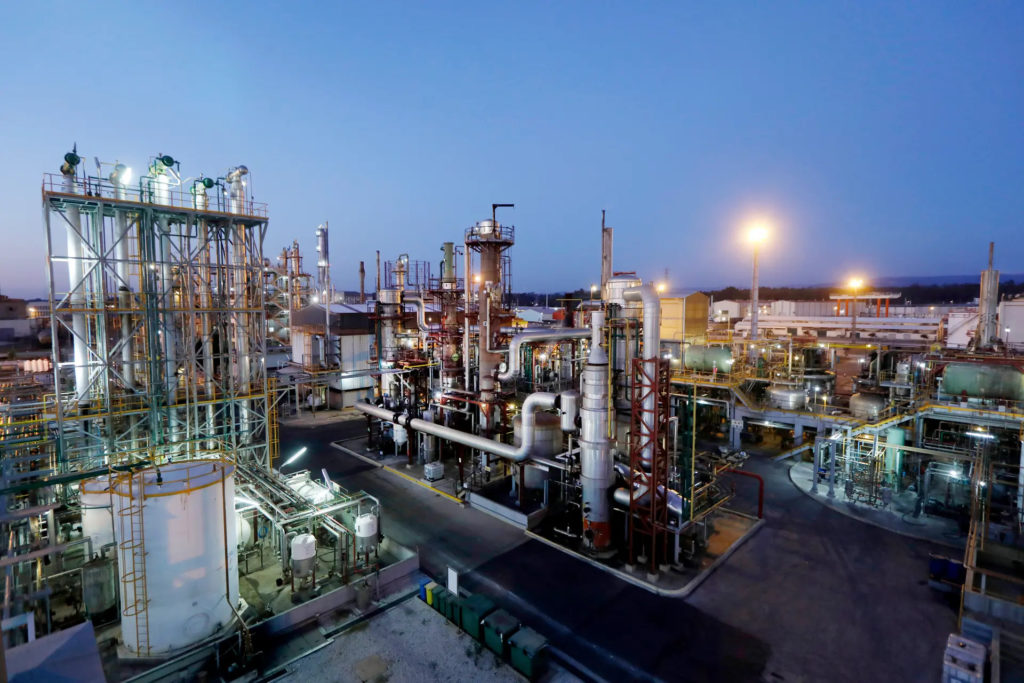Portuguese company eyes two lithium refineries in Iberia by 2030

A newly-established Portuguese company backed by a wealthy business conglomerate is hoping to build two lithium refineries in the Iberian Peninsula by 2030, its chief executive said on Tuesday.
Lifthium, helmed by CEO Duarte Braga, said the lithium refineries would be built in the northern Portuguese municipality of Estarreja, and in Torrelaverga, in the Spanish region of Cantabria.
With some 60,000 tonnes of known reserves, Portugal is already Europe’s biggest producer of lithium, traditionally mined for ceramics.
Along with neighbouring Spain, the country wants to take advantage of local lithium deposits, aiming to cover the entire value chain from mining and refining to cell and battery manufacturing to battery recycling.
The plan is in line with Europe’s drive to reduce its dependence on countries such as China for key materials for the green transition.
“Almost 80% of lithium refining comes from China and what we want to try to do is to reverse (that trend),” Braga told members of Portugal’s foreign press association.
One of Lifthium’s refineries would be ready by 2027 and the other by 2030, but the company still does not know in which of the two countries it would be able to build first. Lifthium estimates the projects would together cost around 1 billion euros ($1.1 billion).
Its main shareholder is one of Portugal’s biggest conglomerates, Jose de Mello, which owns the country’s largest chemical producer Bondalti and private healthcare operator CUF.
The refineries are set to be built in locations where Bondalti already has sites, Braga said, adding the lithium hydroxide it plans to produce would be enough to power batteries for one million electric vehicles per year.
Lifthium is planning to source the raw materials from different regions around the world, including South America. Once the raw material is refined, Lifthium’s main clients would be EV battery and car manufacturers.
One of the hurdles is getting the licences to build the refineries, with Braga warning the company could not afford to wait “several years”.
“In other regions (outside Europe), licensing is faster,” Braga said. “We also have to respond to these challenges.”
($1 = 0.9213 euros)
(By Catarina Demony and Pietro Lombardi; Editing by Andrei Khalip and Mark Potter)
{{ commodity.name }}
{{ post.title }}
{{ post.date }}




Comments